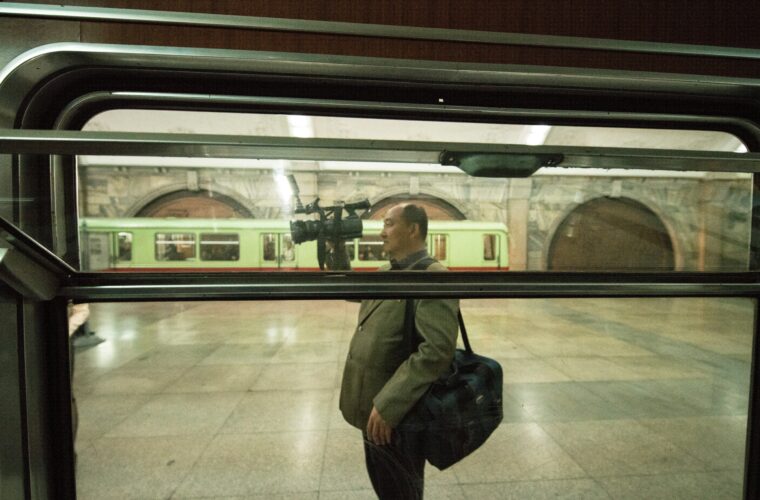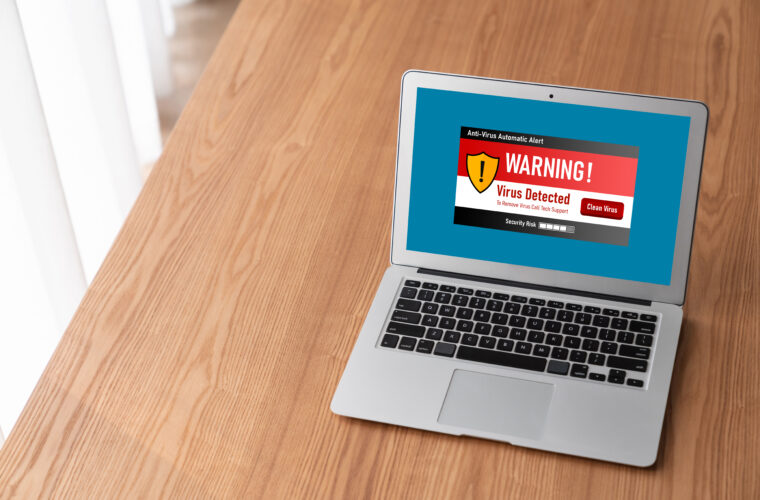Cybertech Europe: a cultural change is needed to strengthen cybersecurity
Promoting a digital security culture so that there is greater awareness of cybersecurity risks in all sectors. This is the most significant concept that emerged during Cybertech Europe, an annual event now in its seventh edition that brings together experts, companies and decision-makers in Rome to analyse the main challenges and solutions in the sector. During the two days at La Nuvola Convention Centre in the Italian capital, there was further certification of how it is no longer possible to consider cybersecurity in its technical aspect, as it has become a primary component of society’s digital transformation.
No sector is immune; cyber criminals strike all
Explaining the need to understand the subject and identify the best resources to attempt to raise an insurmountable wall to hack are the numbers. As mentioned by Leonardo, a global leader in aerospace, defence and security, almost 4,100 offensives were recorded in Europe last year. Nearly 20% of the attempts hit the public administration, while among the other sectors, the most targeted were transport and telecommunications, which marked a 45% increase over the previous year. Another target under fire by hackers was the European water system, which highlights the widespread hacking threat affecting both primary services and civil sectors.
Training is crucial
On the increase in the number of attacks and their level of sophistication, a prominent role is played by GenAI, which has become a valuable weapon for those who want to breach cybersecurity systems. It must be said, however, that GenAI is, at the same time, an effective new tool in the hands of defenders, who can exploit it to detect vulnerabilities, intervene to prevent attacks and mitigate the effects of breaches. To get an idea of what the industry’s expectations towards GenAI are, it is useful to analyse the words of Teodoro Lio, CEO of Accenture Italia: ‘Globally, the company is investing $3 billion in AI, to develop solutions to monitor and respond to threats in real time, but also to act autonomously within multi-agent ecosystems’.
Investments are not only about tools; it is important that people in the company know how best to use them. This is why it has been emphasised many times that a key factor in raising the level of cybersecurity is training. ‘At Accenture, we have launched a platform to quickly, individually and at scale upgrade the skills of talent around the world’. So, a collective plan that breaks down boundaries will train people from different departments and occupy different levels.




Solutions to counterattacks
Among those aiming to integrate AI into defence is Trend Micro, which has integrated the new technology into Trend Vision One, a platform that allows customers to visualise and manage different cybersecurity components in a unified way. The centralised view was chosen to simplify threat analysis and management so as to respond more quickly and effectively to intrusion attempts. The AI-security pair for Trend Micro thus becomes bidirectional; on the one hand, using AI improves analysts’ ability to identify and respond to threats; on the other hand, protecting AI systems ensures there are no vulnerabilities to external attacks and manipulation.
The other crucial aspect is training, which many experts consider the most relevant factor in strengthening corporate security. Trend Micro has planned stages for free customer training and proposes initiatives for children to raise awareness of online security using games and cartoons. Last but not least, there is the Deep Fake threat, which Trend Micro addresses with the Deep Fake Inspector, a platform that, in addition to image noise and colour detection, analyses users’ behavioural elements, providing an extra card to detect and neutralise manipulated images and videos.
Converting hackers
A point that deserves more attention on a larger scale than was addressed at Cybertech Europe is the need to convert hackers. Yes, you got that right, because who knows better than cyber criminals how a ‘colleague’ operates? The challenge of rehabilitating black hat hackers – those who aim to breach security systems, not to be confused with white cat hackers, who are instead driven by ethics and report discovered vulnerabilities – is complex because it presents so many obstacles.
It would probably have to start with a cultural change aimed at respecting the computer’s genius figure and involving him to make him an integral part of the company. After all, in big companies and law enforcement agencies, many hackers are working, who are very good at it and are happy to lend their skills for good rather than to steal data and hack systems to get money in return.



